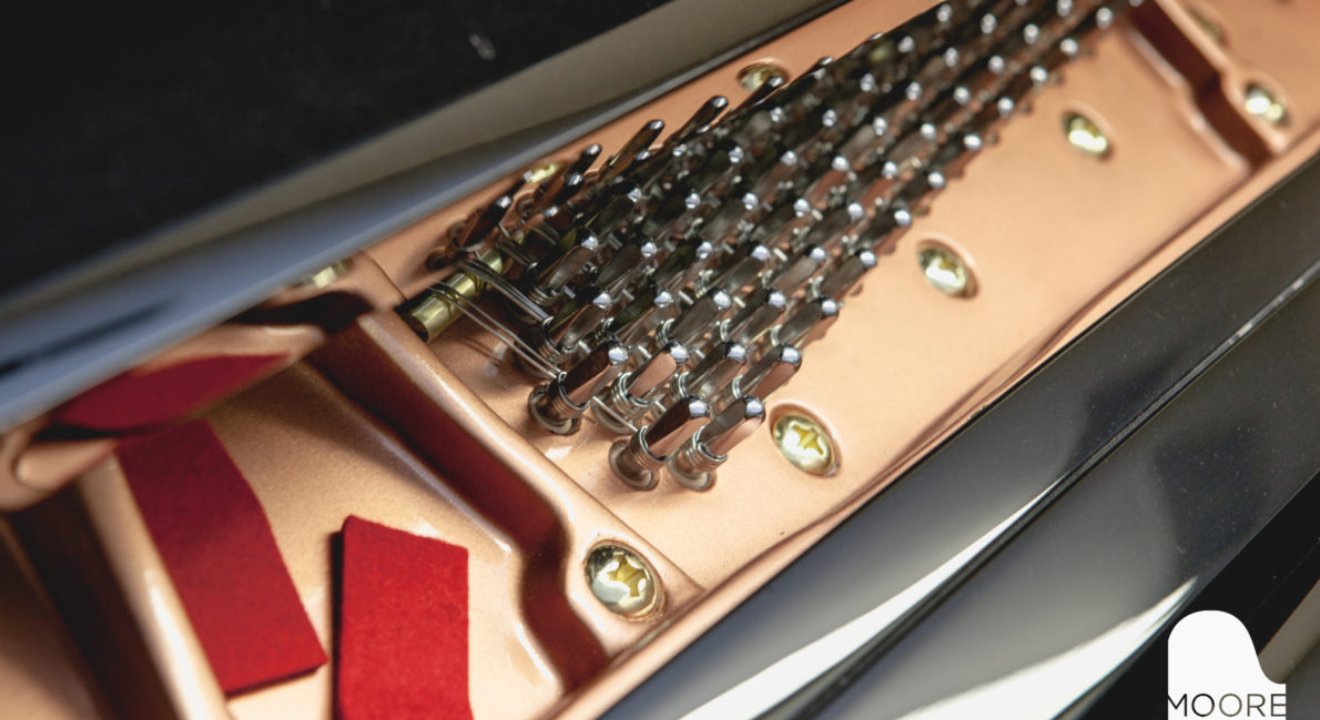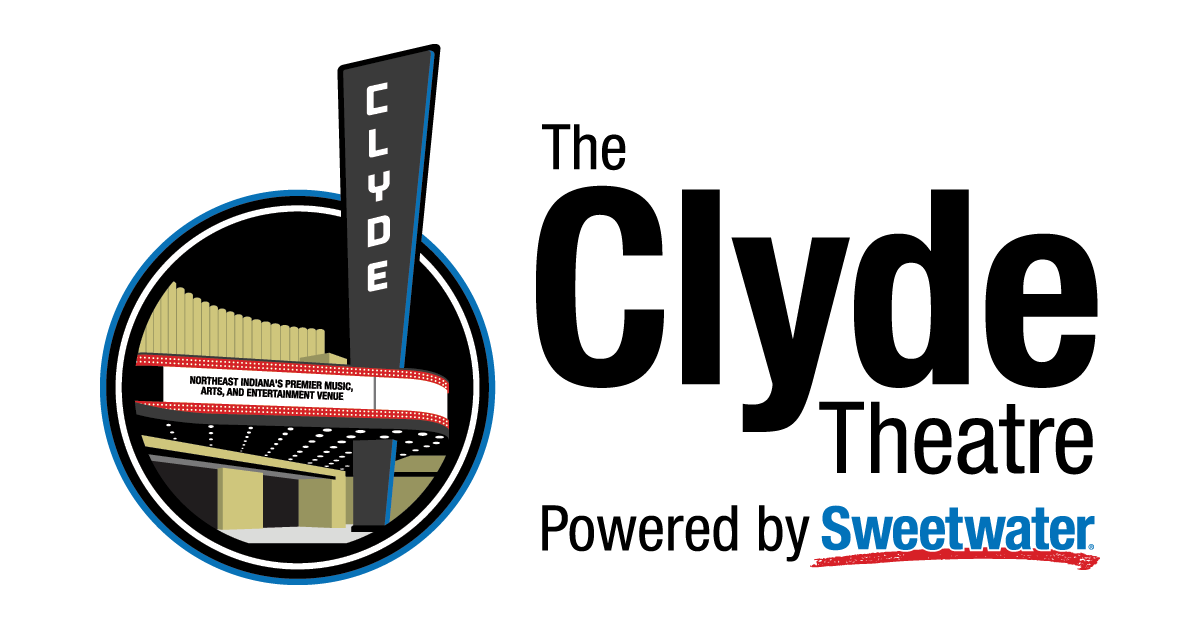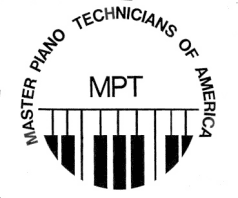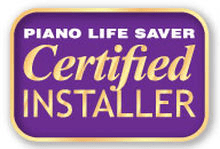Are Piano Cleaning Products Worth the Money?
 Pianos are beautiful pieces of art in themselves, and it’s essential to give them the care and treatment they deserve. Even if you wash your hands before you play, the oil on your skin, dust, and everyday dirt collect on the keys and other parts of the piano, making it look dingy, and smudged.
Pianos are beautiful pieces of art in themselves, and it’s essential to give them the care and treatment they deserve. Even if you wash your hands before you play, the oil on your skin, dust, and everyday dirt collect on the keys and other parts of the piano, making it look dingy, and smudged.
Many people are tempted to use ordinary household cleaners and polishes on their beautiful pianos. However, investing in cleaners and polishes designed specifically for pianos will keep your piano clean and beautiful, much longer than household cleaners.
Moore Piano recommends using Cory piano cleaning products because they are safe for instruments, and we believe they’re the best products on the market. Customers who begin using Cory cleaning products notice the difference immediately.
Caring for your piano’s finish
Piano finishes evolved dramatically over the years. Today, many pianos have synthetic finishes made of polyurethane and polyester. Each type of finish has unique cleaning needs.
If oil-based cleaners and polishes were used on the piano in the past, experts recommend using a pre-polish cleaner to remove oil buildup. Cory Coconut Wood Cleaner will cut through years of oil, dirt, and skin oil deposits.
Satin finishes
Satin finishes come in any color or wood tone. Caring for satin finishes can be tricky because the finish has microscopic grooves that easily trap oils and dirt, making it difficult to clean with a dust cloth.
It’s important to polish the satin finish in the same direction as the grooves. If you wipe in a circular motion or against the “grain” of the finish, the grooves become uneven, which ruins the satin effect. Over time, polishing in the wrong direction can remove the grooves entirely, creating a more semigloss appearance.
Using cleaning products with oils, petroleum-based cleaners, or aerosol cleaners will often make satin finishes appear smeared, milky, or hazy.
Instead, use the Cory Pre-Polish Finish cleaner and a microfiber cloth to remove oils, fingerprints, and dirt that clings to the grain of the finish. Don’t forget to wipe in the direction of the grain to preserve the beautiful satin finish.
High-gloss finishes
High-gloss finishes reflect both light and images. Most high-gloss finishes today are made with polyester and are one of the most durable types of piano finishes.
High gloss finishes are usually easier to clean and maintain than other finishes. However, it is still essential to use the right cleaning products. Avoid products with wax, ammonia, or other solvents. These cleaners will give your piano a dull, “smudged,” uneven appearance, especially as residue from the cleaning products build up over time.
It’s critical to use a soft, microfiber cloth when cleaning pianos with a high-gloss finish to avoid scratches. The best practice is to clean dirt and oils with the Cory Pre-Polish Finish cleaner and polish with Cory Super High-Gloss Piano Polish. This polish is water-based and does not contain any waxes or harmful additives. Customers also love that Cory polishes also help repel dust while restoring the original shine.
One disadvantage to high-gloss finishes is that even small surface scratches can be very noticeable. Unfortunately, no piano polish will not remove scratches. However, you can use the Cory Pro Wood Touch Up Marker to fill in small scratches.
Cory products are all water-based. You will be able to clean and polish without being concerned about mixing oil-based and water-based products, which can lead to disastrous outcomes.
Open-pore finishes
This type of finish isn’t as common as satin or high-gloss finishes. Open-pore finishes are somewhere between satin and matte sheen because the grain of the wood isn’t completely filled with the finish. Unlike satin or high-gloss finishes, experts recommend caring for pianos with open-pore finishes using oil or petroleum-based cleaning products.
Piano experts recommend using Core Harmony Detailing Oil or one of their specific blends to match your piano, like Honey Oak or Natural Wood.
When using oil-based cleaners, it’s critical to ensure you remove all the excess cleaner to keep dust and grime buildup.
Cleaning piano keys
Even if you wash your hands before you sit down to play, your piano keys will still gather dirt, oils, and grime. The Cory Key-Brite cleaner is safe to use on both plastic and ivory piano keys. It will safely clean oil and dirt without damaging the surface or making the keys feel slick or sticky.
Chemically based cleaners and polishes will leave a residue on your piano keys and may damage their finish. When cleaning piano keys, use a soft, lint-free cloth that won’t leave a residue or tear easily.
Make sure you wipe the keys from top to bottom instead of side-to-side. Wiping from side-to-side can allow moisture and excess cleaning products to get between the keys.
During cold and flu season, you might be tempted to spray disinfectant on your piano keys. These products have harsh chemicals that can damage the surface of the keys. Aerosol cleaners can also carry into other parts of the piano and cause damage.
If you are concerned about cleaning bacteria and germs, dampen a clean, soft rag with mild soap and warm water. Be careful not to use too much soapy water. Wipe everything dry quickly to prevent water damage.
A clean, well-maintained piano is beautiful and enjoyable to play. The right cleaning products will keep your beautiful piano looking like a masterpiece for many years to come and give you peace of mind. It’s certainly worth a few extra dollars each year to keep your instrument looking like the day you purchased it.
Contact Moore Piano for all your piano cleaning and maintenance needs. We also proudly sell Cory piano cleaning products.
The post Are Piano Cleaning Products Worth the Money? appeared first on Moore Piano.
The Unmatched Piano Blog


















